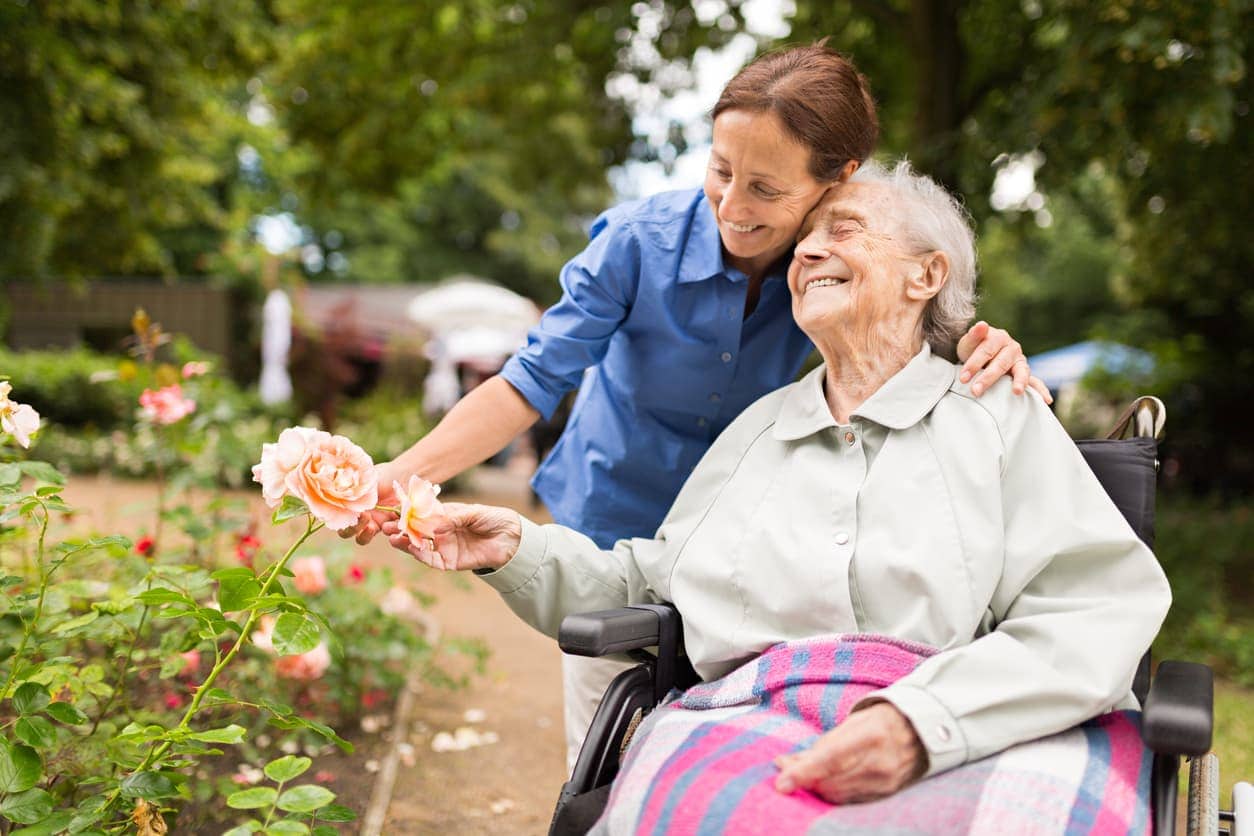
Is Dementia Hereditary? Understanding Risk Factors
Is Dementia Hereditary? About Risk Factors
Is dementia hereditary? Dementia is a complex condition with a multitude of contributing factors beyond genetics. Having a parent or sibling with Alzheimer’s does increase your risk, but it does not mean you will develop the disease.
Researchers have identified many factors that may contribute to developing Alzheimer’s and other dementias including age, lifestyle, genetics, health and more. These can be broadly categorized into set factors, which we cannot change, and modifiable factors, which we have the ability to influence.
Set Factors:
- Age: Age is the most significant risk factor for most types of dementia. Most cases of dementia start after the age of 65 and the likelihood of developing dementia increases significantly with age.
- Genetics: Having a parent with Alzheimer’s does elevate your risk but it’s not a certainty. Specific gene mutations that directly cause dementia are rare. More commonly, people have genes like APOE ε4 that can increase risk, but many people with the gene never develop the disease.
Modifiable Factors:
While you can’t change your age or genetic makeup, understanding the broader range of risk factors empowers you to focus on what you can change. These lifestyle choices can promote brain health.
- Diet: Maintain a heart-healthy diet rich in fruits, vegetables, and whole grains and limit sugar and saturated fats. Note there is not a single food, ingredient, or vitamin proven to prevent dementia.
- Social Engagement: Stay connected! Maintaining strong social relationships and actively participating in social activities can benefit cognitive health. Consider joining clubs, volunteering, or just making regular time for friends and family.
- Exercise: Conditions like high blood pressure, high cholesterol, heart disease, and stroke are linked to an increased risk of vascular dementia and may also contribute to Alzheimer’s disease. Consider implementing regular physical exercise into your routine. Try finding a fitness class or a walking buddy, so you can enjoy both social connection and your workout at the same time!
- Brain Exercises: Just like your body, your brain benefits from regular workouts. Engage in mentally stimulating activities such as puzzles, reading, learning new skills, or playing strategy games.
- Habits: Avoid smoking and excessive drinking as these can influence brain health and potentially impact dementia risk.
Seeing a loved one navigate the challenges of memory loss, confusion, and cognitive decline understandably raises concerns about your own future and potential genetic predisposition. Understanding your individual risk factors and focusing on promoting overall brain health are proactive steps you can take.Does your loved one need additional support in navigating the challenges of dementia? Take our fast scale survey to assess their current needs.
See More Articles
-
Visiting Your Aging Parent With Memory Loss at Avalon Memory Care
As a loving son or daughter, you naturally want the best of care for your senior parent. The compassionate assisted living caregivers at Avalon Memory Care want you to know that while your parent is living with us, he or she will receive nothing less than respectful, loving care within our comfortable, safe, and fully-staffed
-
Celebrating New Year’s Day in Memory Care
Families often find that celebrations with their loved ones in memory care are easier when they embrace new traditions. For instance, it may not be practical to expect your loved one to stay up until midnight on New Year’s Eve. Instead, consider throwing a New Year’s Day celebration, complete with a countdown to the first
-
Understanding Parkinson’s Disease and Dementia
Parkinson’s disease is an incurable neurological disorder, with progressively worsening complications. Perhaps the most well-known symptom of Parkinson’s is a hand tremor, but it can also cause speech changes, muscle rigidity, and impaired posture. Eventually, as the disease progresses, more than half of all individuals with Parkinson’s will require dementia care. This particular type of
Testimonials
Downloadable Resources
We Are Avalon
Discover the heart of our community; download ‘We Are Avalon’ to get to know our dedicated team and our commitment to providing a warm, family-like environment.
Transitional Care Guide
If you’re considering a transition, we’re here to help; download our Transitional Care Guide for compassionate guidance through each step of the process.
Schedule a Tour
Visit one of our 30+ campuses and experience our unique approach to memory care.












